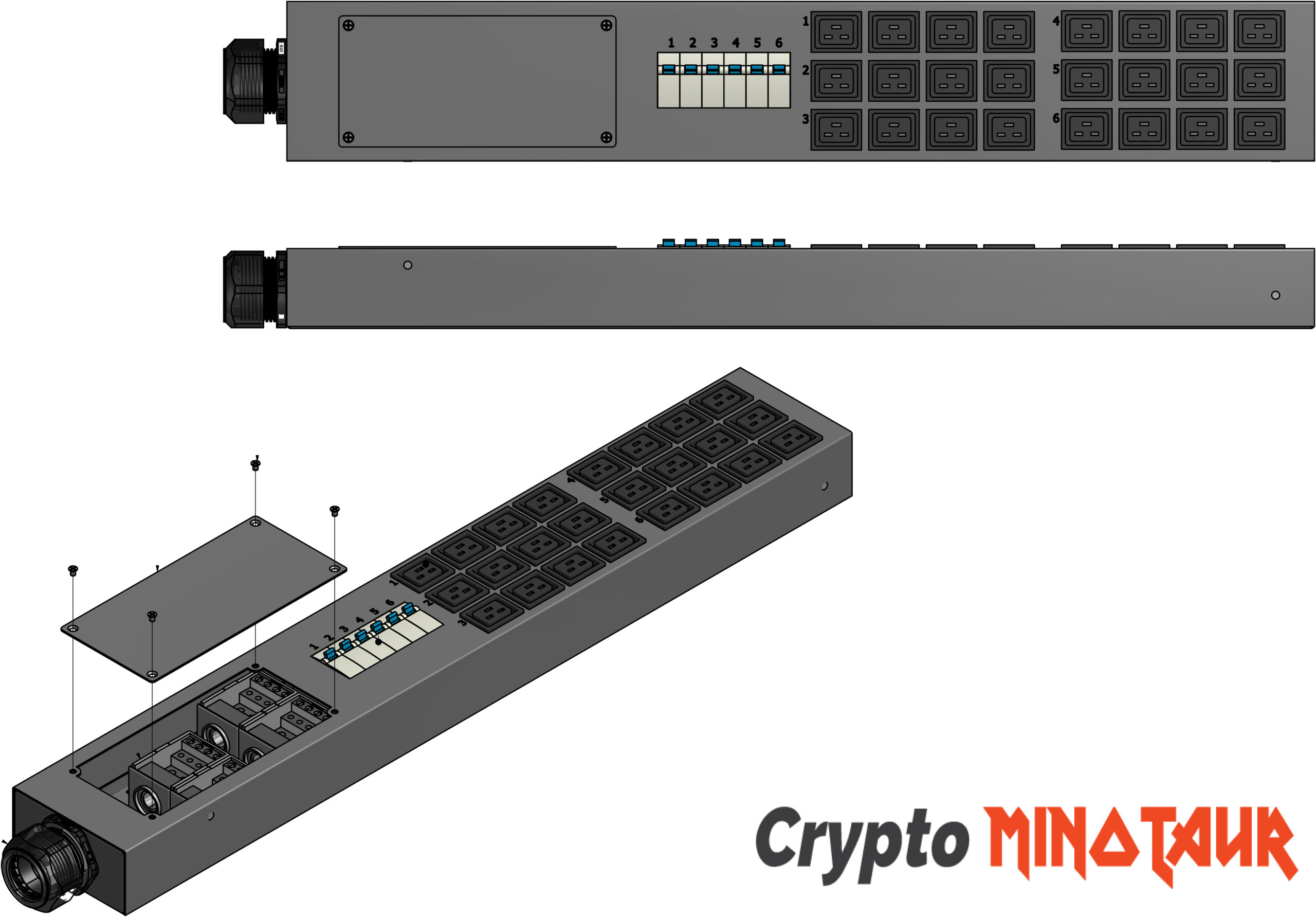Crypto mining interest continues to rise because of expanded appeal for Bitcoin together with Ethereum along with alternative cryptocurrencies. People who want to join the crypto-mining field must decide whether to operate at home or seek hosting services. The different choices between home-based and hosting crypto mining involve separate benefits and drawbacks and unique elements particularly related to power consumption and total expenses and convenience and financial gain perspective.
This article will break down both options to help you decide what’s best for your budget, goals, and technical comfort level.
What Is Crypto Mining, and Why Does It Need So Much Power?
Blockchain verification through crypto mining serves as the process that takes transactions to append them into blockchains. The tasks miners handle require specialized hardware for their complex mathematical problem-solving needs. Bitcoin coins serve as payment to participants who complete their tasks.
High computational power needs exist to execute this process which requires an extensive amount of electrical consumption. The concept of house power crypto provides relevance to this data processing method. Household electricity supply serves as the direct power connection for home-based miners.
Mining at Home: What You Need to Know
Mining crypto from home might sound simple—you buy a machine, plug it in, and start earning coins. But there’s more to it than that.
Pros of Mining at Home
- Full Control: The equipment you use together with your settings and your chosen mining pool operates under your complete authority.
- No Hosting Fees: Users only need to pay for their mining equipment and electricity costs since hosting services do not require additional fees.
- Educational Value: Tech users with mining knowledge will find this method especially beneficial to learn about crypto operations.
Cons of Mining at Home
- High Electricity Usage: Power consumption stands as the main disadvantage of mining operations. ASIC rigs as well as other mining devices consume hundreds of watts to thousands of watts during operation. Your electricity costs will probably increase with noticeable effects on your utility bill.
- Heat and Noise: The combined heat produced by mining machines together with their loud operation poses severe challenges in cramped living environments.
- Hardware Maintenance: Using the interface you must handle hardware installation while maintaining its systems and resolving hardware malfunction issues.
- Risk of Power Overload: An improper management system for high-power rigs will overload circuits posing fire risks and endangering the life of home appliances.
The House Power Crypto Dilemma
When you mine at home, your crypto mining operation relies entirely on house power. Depending on your local energy rates and the efficiency of your hardware, this can either be a manageable cost or a financial sinkhole.
Let’s take a quick example:
- Average U.S. electricity rate: $0.15 per kWh
- Antminer S19 (one of the most popular ASIC miners): uses ~3250W
- Running 24/7 for 30 days = ~$350/month in electricity alone.
Using a Crypto Hosting Service
The service of crypto hosting enables users to transport their mining hardware so professionals can operate it as their representative. The arrangement functions similarly to operating servers within data center facilities. The miner belongs to you even though you have chosen someone else to operate it in an environment that maximizes performance.
Pros of Hosting Services
- Lower Electricity Costs: Hosting services access well-priced energy contracts or draw power from renewable energy sources for price reduction.
- 24/7 Maintenance and Monitoring: The facilities maintain teams which handle technical support along with downtime management.
- Optimized Environment: Hosting centers provide climate-controlled facilities alongside well-ventilation systems which were made for mining operations to reduce both overheating risks and power supply overloads.
- No Impact on Your Home: The system operates without additional power expenses and bank charging. It produces minimal noise output and prevents heat issues.
Cons of Hosting Services
- Hosting Fees: Your payments to hosting providers depend on both the service provider and your electric usage.
- Less Control: Your access to controlling the miner might be restricted since all changes require service provider approval.
- Trust Factor: Your accessibility to both hardware and your mining earnings depends on external third-party providers because any interruptions from them could block you from using both.
- Shipping Costs and Delays: Sending your hardware to the hosting facility (with the potential return service) requires both time and financial expenditure.
Key Considerations Before Choosing
- Electricity Rates at Home: The cost of local electricity rates above average makes the hosting system an effective money-saver for you.
- Space and Environment: Does your house possess available garage or basement spaces which can endure heated and noisy conditions? The process of hosting would offer better benefits when compared to independent hosting.
- Technical Knowledge: Manual mining software setup, firmware management, and basic hardware rectification feel comfortable to you. Relief from the hosting solution is available if your setup with the miner does not work.
- Security: Your trust in the hosting provider will ensure physical risk reduction despite the potential risks from theft and fire.
- Scalability: Obtaining mining hosting services proves better in terms of efficiency and cost efficiency for long-term purposes when your plan involves expanding mining operations.
Final Thoughts:
Hobbyists together with enthusiasts and people who possess affordable power access can effectively mine cryptocurrency from home. As mining heats up competitive wise hosting services are proving to be the more efficient solution for committed miners. People who plan to pursue house power crypto must calculate all expenses including power bills and grasp the needed technical expertise. The selection between hosting or in-home crypto operations comes down to how much convenience and lower risks together with potential expense savings you value.



